Regulatory change on the horizon for Scottish fish-farming sector
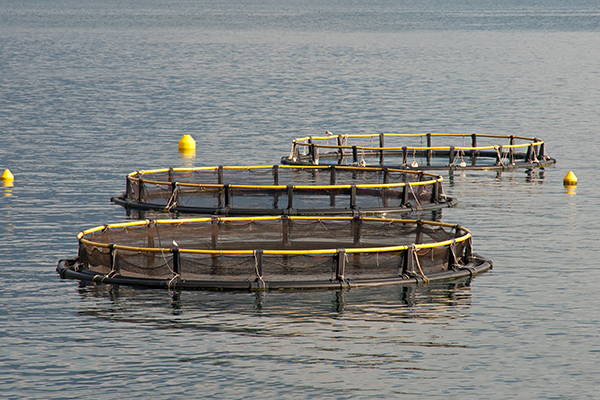
The first stage of an “ambitious” independent review of how fish farms are regulated is now complete, with the Scottish government accepting all its recommendations in principle. The recommendations, published in a report on the government’s website, could lead to big changes, such as a modernized licensing system and payouts to communities with salmon farming operations.
“Aquaculture is a significant contributor to our rural economy, providing well-paid jobs in some of Scotland’s most fragile communities and will be an essential part of our green recovery and transition to net-zero,” said Mairi Gougeon, Rural Affairs Secretary.
The independent review is part of an initiative to make the Scottish aquaculture regulatory system one of the “most effective and transparent in the world and benefit rural communities.” Regulatory expert, Professor Russel Griggs, led the first stage of the review and submitted the recommendations after extensive stakeholder consultations.
“It is clear that, while there is a broad range of views on aquaculture, there is also a lot of commonality in certain aspects, so it is an industry which faces significant opportunities as well as challenges,” said Griggs. “I firmly believe that this process I am recommending will deliver a regulatory landscape that promotes a thriving environmentally and economically sustainable sector based on the best knowledge we have on all issues at that time.”
Proposals include the introduction of a new single licensing payment based on the level of production at a site, which covers the cost of all organizations involved in the process and adds value to local communities.
Another key recommendation is to develop frameworks tailored to different aquaculture sectors, including shellfish and seaweed. The review also calls for the establishment of a new scientific advisory body to advise the government and commission new work.
“I believe the aquaculture sector in Scotland, especially finfish, needs a policy framework within which development, change and growth can happen over a period of time in a manner that government agrees with across the issues that may cause it concern,” wrote Griggs in the report. “That policy and framework should therefore not be solely about what the industry looks like today, but how it can develop over time, for example, five to 10 years. It is the future that should be at the heart of the vision for the sector and form the parameters of the framework.”
Going forward, the Scottish government will develop a Vision for Aquaculture in Scotland, which will implement some of the recommendations as well as create its own framework for the aquaculture industry.
“It is important that change to the sector is delivered in a practical way that reflects the co-operation agreement with the Scottish Green Party and our own manifesto commitments,” said Gougeon. “Developing world-leading legislation for aquaculture is key to developing a sector that is both environmentally and economically sustainable.”
Click here to read the independent review of the current regulatory framework for Scottish aquaculture.
Follow the Advocate on Twitter @GSA_Advocate
Now that you've reached the end of the article ...
… please consider supporting GSA’s mission to advance responsible seafood practices through education, advocacy and third-party assurances. The Advocate aims to document the evolution of responsible seafood practices and share the expansive knowledge of our vast network of contributors.
By becoming a Global Seafood Alliance member, you’re ensuring that all of the pre-competitive work we do through member benefits, resources and events can continue. Individual membership costs just $50 a year.
Not a GSA member? Join us.
Author
Tagged With
Related Posts
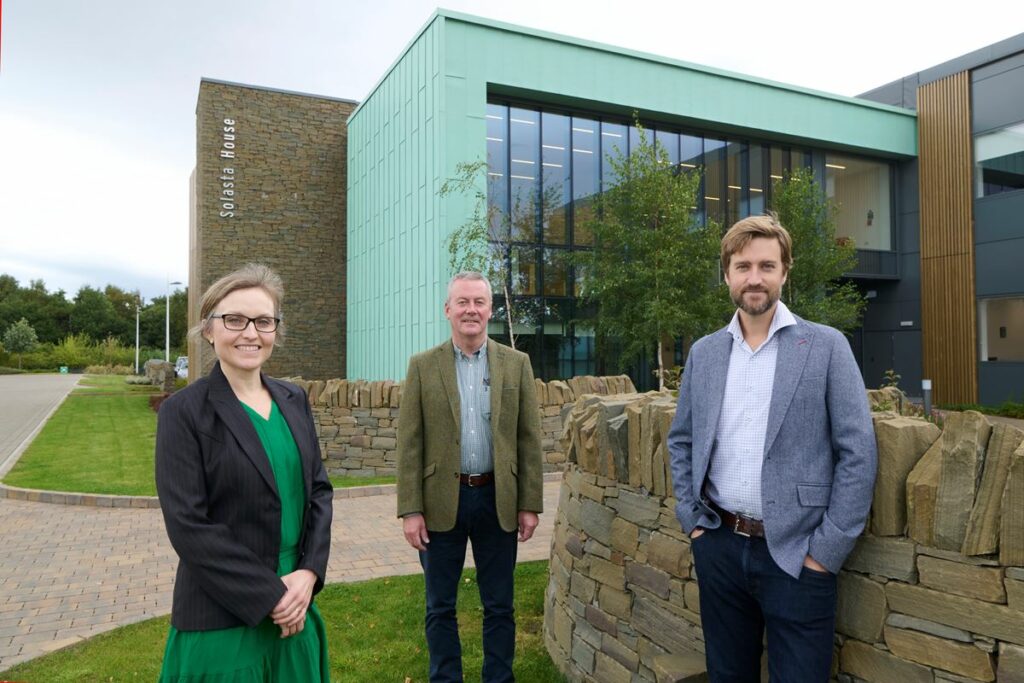
Health & Welfare
Molecular biology lab in Scotland will expedite PCR testing for fish farming operations
A new molecular biology lab in Scotland will help expedite test results to fish farming operations using PCR.
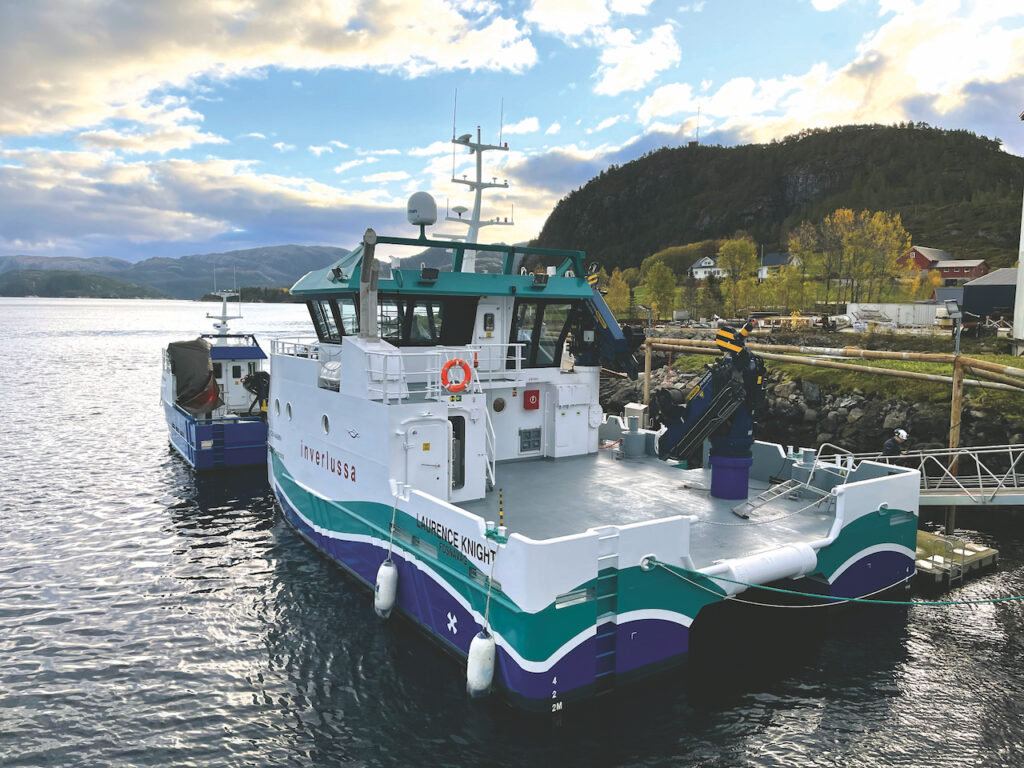
Responsibility
Scottish Sea Farms launches hybrid-power workboat to reduce carbon footprint
Scottish Sea Farms has added a hybrid power workboat to its fleet, which could cut fuel costs by up to 50 percent and reduce its overall carbon footprint.
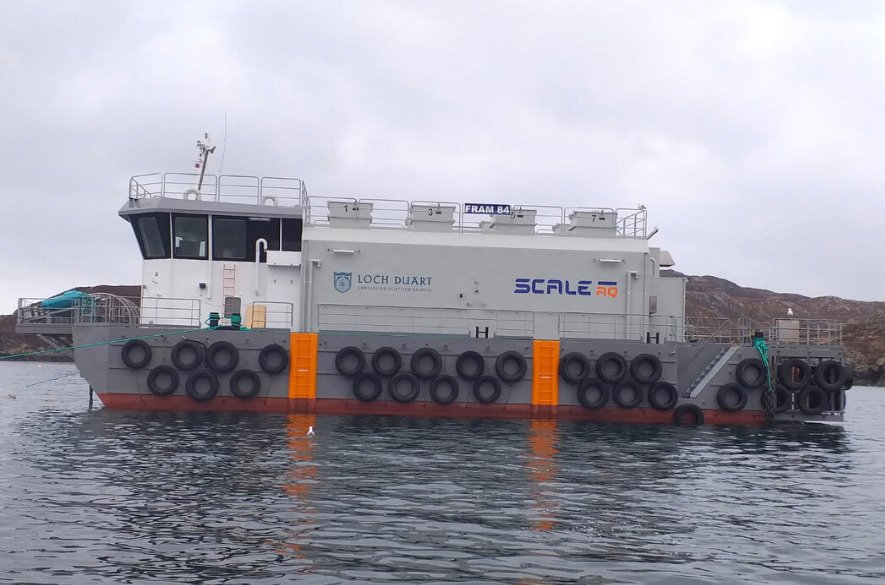
Responsibility
Scottish salmon farmer introduces hybrid feed storage barge to reduce carbon footprint
Loch Duart, an independent Scottish salmon farm, has introduced a hybrid feed storage barge to reduce its carbon footprint.
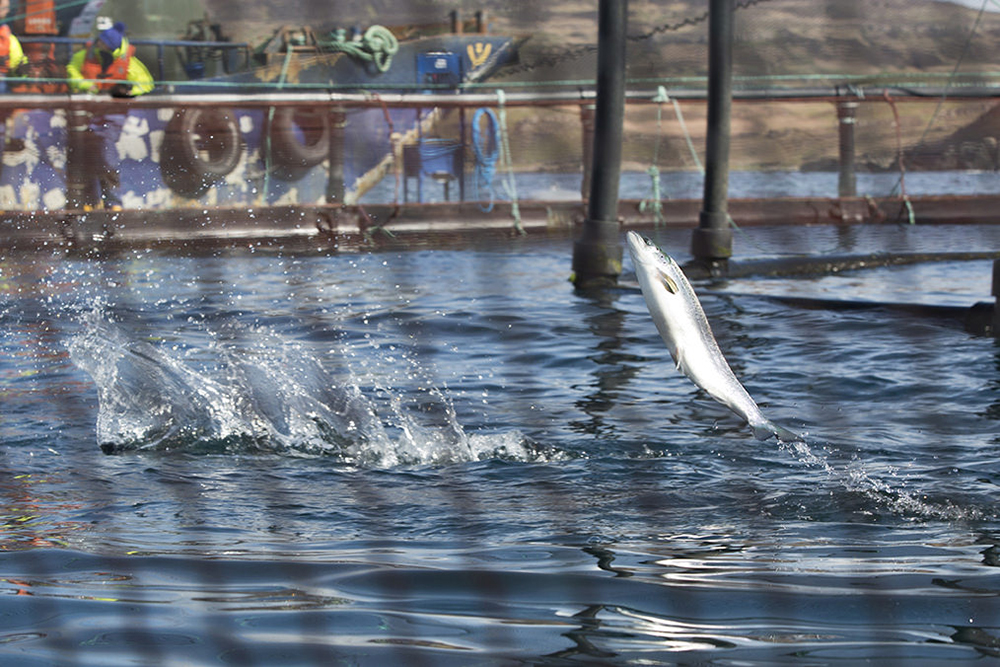
Responsibility
Report calls for changes to Scottish salmon sector
Wide-ranging recommendations to the Scottish salmon sector include increased government oversight and mandatory reporting of disease outbreaks, fish mortalities and sea lice numbers.



